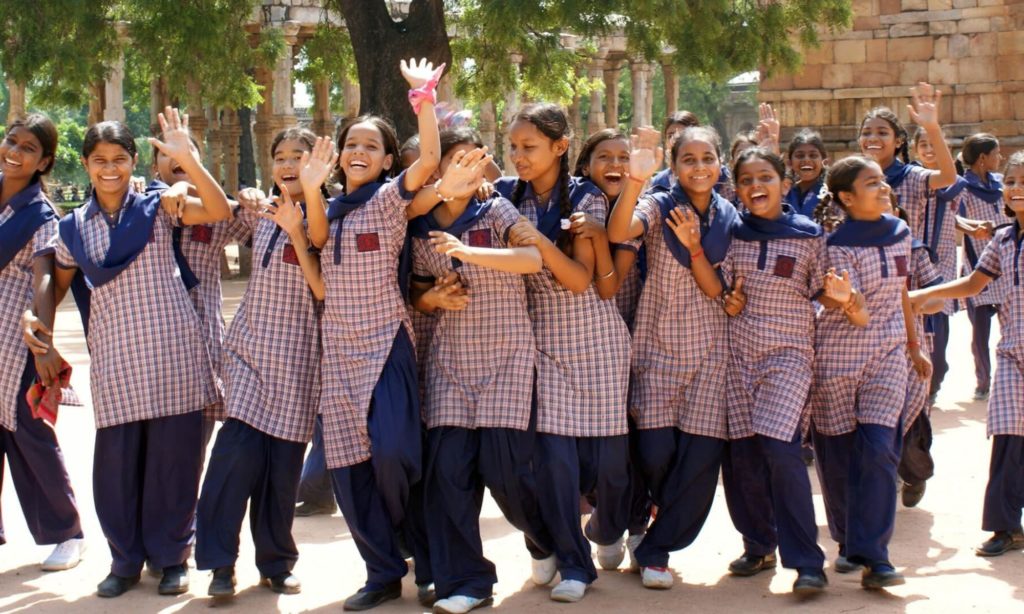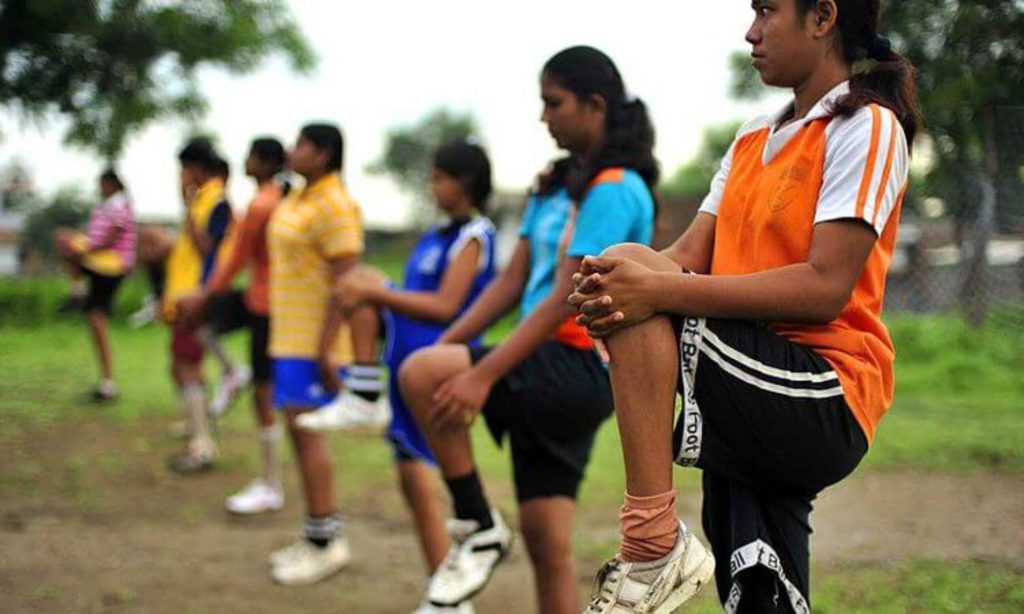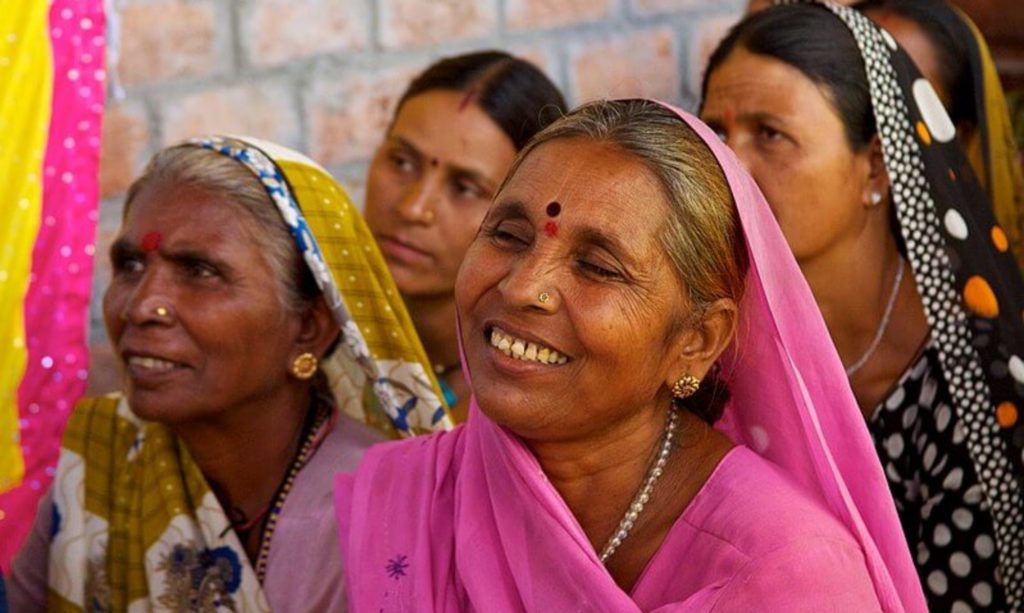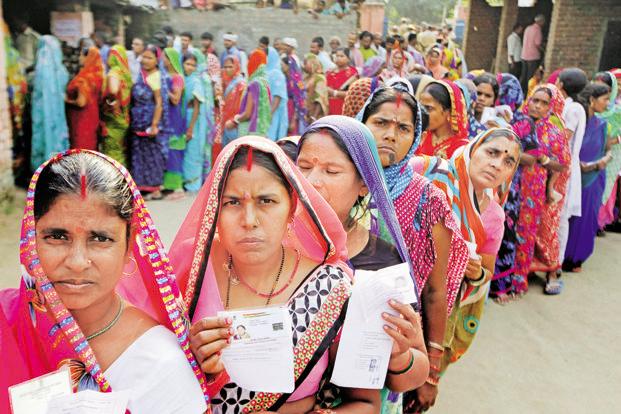The precarious lives of India’s interfaith couples
In an era where seven states have “love jihad” laws, marriage seems like an ambitious project. Just this week, a Dalit man and his Muslim girlfriend were killed in Uttar Pradesh In a country where 93% of urban Indians choose arranged marriages, the course of true love is not always smooth. (Unsplash) Tucked away in a safe house at an undisclosed destination in Delhi, “R” is teaching me about love. He’s the Hindu son of a farmer in love with a Muslim woman he met in Lucknow. In an era when interfaith romances are frowned upon and where seven states have…
For the first time ever, a PM breaks the silence on women’s workforce participation
On Thursday, Prime Minister Narendra Modi was speaking at a conference of state labour ministers in New Delhi. “The future needs flexible workplaces, a work-from-home ecosystem and flexible work hours,” he said. These, he added, are “opportunities for women’s labour force participation.” To my mind, no prime minister has ever openly acknowledged India’s two-decade-old crisis in women’s employment. It’s a crisis that puts us barely ahead of Saudi Arabia in terms of the percentage of women who have jobs or are looking for work. Modi did not make a direct reference to what has been one of the world’s most rapid declines…
The long (and sometimes futile) wait for justice by rape survivors
On India’s 75th Independence Day, Prime Minister Narendra Modi stressed on the need to support ‘nari shakti’ (women power) and called for a ‘change in the mentality’ towards women. Later that day, 11 men serving a life term after being convicted of gangraping and murdering 14 people in the 2002 Gujarat riots walked out of Godhra jail and went home. They were felicitated with sweets and garlanded. BJP legislator C.K. Raulji, one of the members of the panel that had unanimously ruled for the early release of the men, told Mojo Story the men are Brahmins and Brahmins have good sanskar (values). The Gujarat state’s remission policy allows for…
There’s nothing funny about domestic violence, least of all ‘dark comedy’ Darlings
Source: BREAKTHROUGH In a week dominated by chatter around Netflix’s new release, Darlings, comes the sombre news of yet another woman dying by suicide on August 3 after eight years of marriage and unceasing domestic violence. “I kept thinking he’ll reform,” Mandeep Kaur says of her husband Ranjodhbeer Singh Sandhu in a video that has gone viral ever since she recorded it in Queens, New York just before dying of suicide. “He keeps getting drunk… has extra-marital affairs… and hits me,” the 30-year-old says in Punjabi. According to Jaspal Singh, Mandeep’s father, demands for dowry from Ranjodhbeer, a truck driver, and his family began soon…
Spoiler alert—this story has a happy ending (not all do)
Until she was found on Friday, Pooja Gaud was Girl Number 166 in the missing girls’ file at Mumbai’s Dadabhai Naoroji Nagar police station. Nearly 10 years ago, on January 22, 2013, she had disappeared while on her way to school. Just seven-years-old then, she had squabbled with her elder brother over the sharing of a Rs 10 note. While he ran into the school building, she stayed outside, sulking. That was the last time he saw her. The story made headlines when assistant sub inspector Rajendra Bhosale, who had just retired, told Indian Express’s Smitha Nair in 2015 that of the 166 missing…
When the sight of a handbag greatly upset the patriarchy
When a handbag made news this past week, it would not be out of place to remember that sexist attitudes have not changed much since the Gandhi-Thatcher era. In her earlier avatar as an investment banker, Moitra would have been able to afford a designer bag, or three. But few things upset the patriarchy as much as the sight of an outspoken, independent woman. In the male-dominated era of her politics, Indira Gandhi shunned overt signs of femininity, taking her handbag out only while traveling abroad. Margaret Thatcher, on the other hand, was seldom seen without it. Metaphorically, you could…
Words-worth: time to change the word rashtrapati?
(Right, Adhir Ranjan Chowdhury and left, Droupadi Murmu) When Pratibha Patil was elected the first woman president of India in 2007, there was some discussion on whether the word rashtrapati could apply to a woman. Some felt that the word pati, literally a husband but also used in a larger sense of lord or head, was gendered. Would a more appropriate title for a woman president then be rashtrapatni? Fortunately, the offensive idea was tossed almost as soon as it was suggested. And Patil continued to be known as the rashtrapati throughout her tenure. Now, nearly 15 years later, with the…
If abortion is legal, why do Indian women still have to ask the courts for permission?
It took a ruling by a three-judge bench of the Supreme Court to finally allow an unmarried woman to have an abortion at 24 weeks. The 25-year-old woman conceived while she was in a live-in relationship. At 18 weeks, her partner abandoned her. At 23 weeks and five days pregnant, the woman approached the Delhi high court saying she was simply not mentally prepared to bring up the child on her own and to do so would cause her grave physical and mental harm. What followed was a paternalistic lecture: “Why are you killing the child?” the judges wanted to know, and then…
Devise policies to help young girls dream big
It’s been seven years since the PM’s Beti Bachao mission to address the child sex ratio. But, without its corollary, Beti Padhao, reaching its potential, the scheme is incomplete If there was ever a measure of aspiration for young women, it is to be found in the surge in numbers seeking to better their lives through education. (PTI) Of the 1.87 million candidates who registered for The National Eligibility cum Entrance Test (Undergraduate) or NEET, India’s largest entrance exam for medical schools, over half, or 1.06 million, were girls and young women. That this has happened in a post-Covid-19 era…
Why Nagaland continues to shut women out of politics
To understand how sticky attitudes to women in public life can be, you have only to look at Nagaland. In many aspects, the north-eastern state does very well for women: lowest crimes against women; child marriage is virtually unknown (this is true not just for Nagaland but pretty much all of the northeast); and, at 76.11%, female literacy is leagues ahead of the national average of 64.6%. But when it comes to political representation, Nagaland remains stubbornly and determinedly an outlier. In the 2018 assembly elections, five women, the most ever, out of a total of 196 candidates contested. All of them lost with…
The problem with judgmental gynaecologists
In her first summer break home from the American university where she was studying, K* sought an appointment with a gynaecologist to understand why her periods were irregular. Unlike many doctors, this one skipped the euphemistic are-you-married question and asked directly: “Are you sexually active?” Ok, thought K, so far, so good. Then came the next question: “With goras or desis?” The doctor laughed while asking the question, as if presenting it as a joke would make it less inappropriate or offensive, recalled K. In the backdrop of Roe v Wade there has been no small measure of chest-thumping here in India. The…
Can Murmu’s election emancipate the tribals?
The election of Murmu cannot be an empty symbolic gesture, mere lip service to inclusion. It must signal a new era where it cannot continue to be business as usual National Democratic Alliance presidential candidate Draupadi Murmu in Patna, Bihar, July 5, 2022 (Santosh Kumar/Hindustan Times) At a time when political parties are queuing up to pledge support to the Bharatiya Janata Party (BJP)’s official candidate for president, Draupadi Murmu, news from Madhya Pradesh (MP) of another tribal woman, Rampyari Sehariya, being set ablaze for claiming land that belonged to her, couldn’t have come at a worse time.




